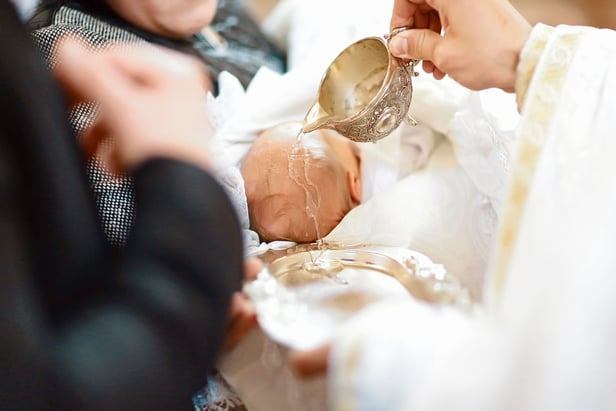What are the Means of Grace?
You probably haven’t heard the term Means of Grace mentioned today in the morning news, on social media, or during small talk at the grocery store. It’s not part of most regular conversation, and even the words seem somewhat abstract in contrast to popular language. You hear about Means of Grace in church and maybe in your devotions, but what does the term really mean? There is a simple explanation for what Lutherans believe about these Means of Grace and why they are for you.
No More Stress: Teaching the Faith at Home
As I write this, I am listening to the decisions made by my home state of Minnesota about school this fall. After this spring and the experience of distance learning , my children and I are ready for school to be back in session.
An Easter Devotion on the Small Catechism
Easter morning, a mother and her daughters dressed up and walked to church. It was snowing when they returned, but the girls didn’t mind the cold. The Easter lilies and story of Jesus’ resurrection were all they could think about. When they reached their house, they found a white package on their step.
5 Great Tools to Memorize Luther's Small Catechism
After school is homework time at my house. The kids are working on their homework, and as I tell them, “Mom has some homework too.” So they work through math problems, reading assignments, and memory work while I tackle emails or other work projects that need to be addressed before the end of the day. Recently, during our homework time, I perked up when my eight-year-old said, “Alexa, open the Small Catechism.” Alexa greeted him, then Connor asked, “Alexa, what is the Second Commandment?”

.jpg?width=50&height=50&name=IMG_20220621_160541_456%20(1).jpg)















